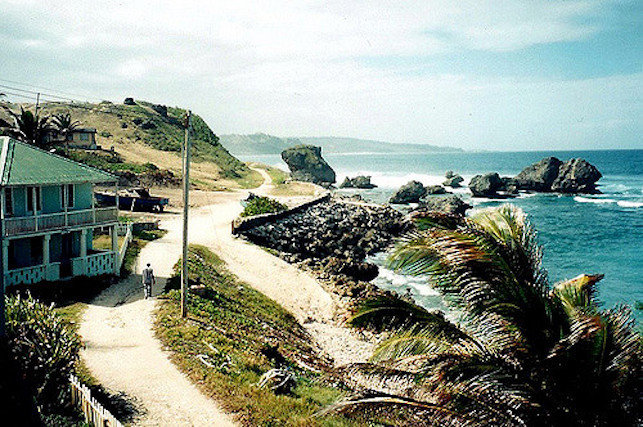Released on Sunday 5 November, half of the documents--6.8m--relate to a law firm and corporate services provider that operated together in 10 jurisdictions under the name Appleby. Its fiduciary business is now called Estera after a management buyout last year. Appleby is a law firm with outposts in Bermuda, the Cayman Islands, the British Virgin Islands, the Isle of Man, Jersey and Guernsey. Appleby prided itself on being a leading member of the “magic circle” of top-ranking offshore service providers.
The papers also included details from corporate registries maintained by governments in 19 offshore jurisdictions: Antigua and Barbuda, Aruba, the Bahamas, Barbados, Bermuda, the Cayman Islands, the Cook Islands, Dominica, Grenada, Labuan, Lebanon, Malta, the Marshall Islands, St Kitts and Nevis, St Lucia, St Vincent, Samoa, Trinidad and Tobago, and Vanuatu.
The papers cover the period from 1950 to 2016.
“Among the documents in the leak is a database of Appleby customers from 1993 to 2014. It contains the names of more than 120,000 people and companies. Not all are connected to a company registered offshore. It has been an impossible task to check whether the customer is just a contact or if they have used Appleby services over many years. But it gives a good indication of where demand for Appleby’s services originated. Many clients come from the UK, China and Hong-Kong, but the largest number, more than 30,000, are from the US.”
Süddeutsche Zeitung shared the material with the International Consortium of Investigative Journalists, a US-based organisation that coordinated the global collaboration. 381 journalists from 67 countries analysed the material.
Süddeutsche Zeitung has not, and will not, discuss issues around sourcing.
Unlike the Panama Papers, which came from just one company and were well structured by companies, the Paradise Papers came from several sources. Different software had to be used to sort the data, and the research was painstaking; it involved talking to experts, focusing on several names, and investigating on-site to discover the wide-ranging networks that have been set up.
Süddeutsche journalist Bastian Obermayer said that:
“if rich people can live in a whole other world because they can save their tax money through some constructs that span three tax havens, then that may be legal, but it doesn’t mean by far that it is legitimate. It’s then worth it for us to look into this. The same applies to corporations.”
Some of the biggest global multinationals feature in the leak, including raw material giant Glencore, Apple, Nike and Facebook, as well as some of the richest people in the world, from the Queen of England to Bono, sportspeople, politicians like Wilbur Ross, the American commerce secretary and Lord Ashcroft.
There is no evidence that any of the firms nor any of the individuals named in the papers have done anything illegal.
Glencore, a Swiss multinational with mining interests across the globe, but particularly in Africa, has been a particular focus of the investigation. The Guardian reported that Glencore loaned Israeli billionaire Dan Gertler tens of millions of dollars to negotiate mining agreements in the Democratic Republic of Congo. In 2008 and 2009, he was called in to negotiate with DRC authorities over the struggling Katanga copper mine in the south-east of the country, which was mired in stalled talks to secure a joint-venture agreement with DRC’s state-run miner Gécamines.
The Guardian continued:
“the Paradise Papers also reveal that the terms of the loan meant it could be recalled if the mining agreement was not secured. The term sheet states that it will be “immediately repayable on demand” if the agreement “is not finalised within three months”. In a written statement, lawyers for Gertler told the Guardian and media partners that neither he nor any company or person related to him received any loan funds directly, and any allegation that the $45m loan was improper “demonstrates misapprehension of international finance transactions”.”
The firm Appleby has denied any wrongdoing in a statement to The Guardian, either by itself or by any of its clients. But it has conceded that it is not infallible and has tried to learn from its mistakes. The company has agreed to take part in any formal inquiries that come out of the disclosures.
The Guardian said that Estera declined to comment.
